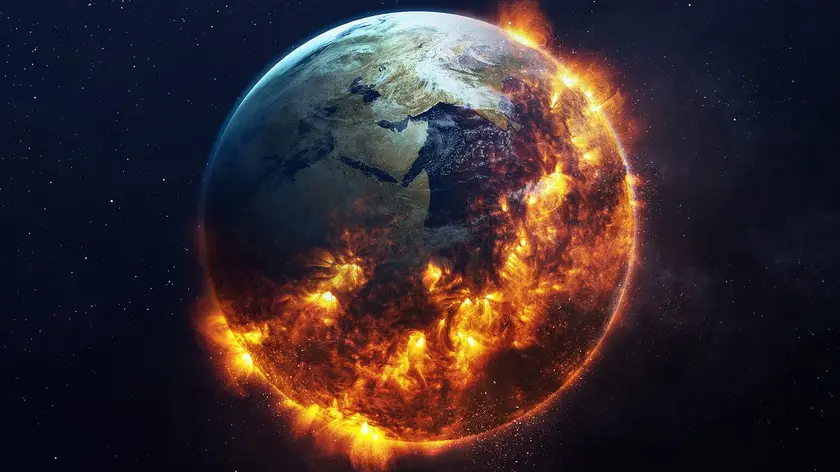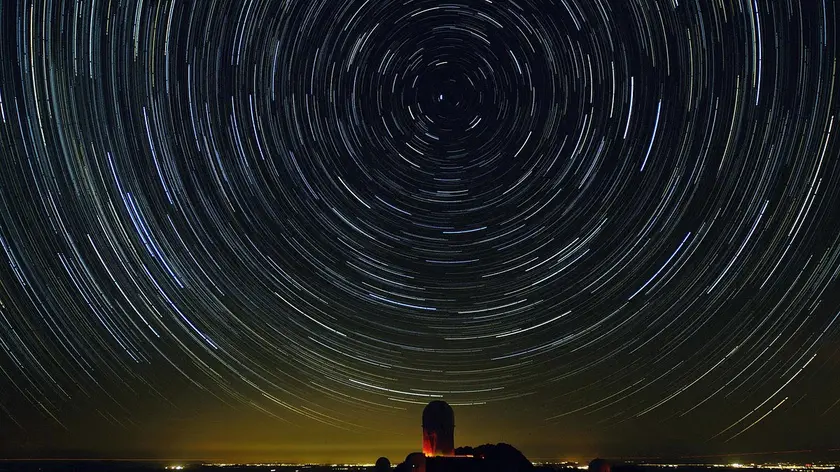T4K3.news
Earth's Rotation Fast Track Could Change Day Lengths
Earth is speeding up its rotation, potentially causing shorter days in 2025.

Earth's rotation is speeding up, impacting day length in ways scientists struggle to fully understand.
Earth's Rotation Speed Increases, Shortening Days
Earth's rotation is surprisingly speeding up, with the latest data indicating days may be about 1.25 to 1.51 milliseconds shorter than typical. This change is scheduled for August 5, 2025, when it could mark the third shortest day on record, following two other instances this summer. The International Earth Rotation and Reference Systems Service and the US Naval Observatory have provided these estimates, which are based on the moon's position influencing Earth's spin. Despite occurring several times in a short period, these speed-ups have no tangible effect on daily life. Scientists speculate that the faster spin relates to the moon's current gravitational effects, yet the reasons behind this trend remain largely unexplained. The study of Earth's rotation has noted an overall slowing of days since records began, making the recent speedups perplexing to researchers.
Key Takeaways
"Earth's rotation is speeding up, puzzling scientists everywhere."
This highlights the mystery surrounding the recent changes in Earth's spin.
"Approximately 245 million years ago, days were an hour and a half shorter."
A historical reference that adds depth to the discussion of Earth's rotational changes.
"The moon's current position may impact how fast the planet spins."
This introduces the idea that celestial positioning plays a role in Earth's dynamics.
"Earth has been slowly losing rotational speed since records began in 1973."
This emphasizes the unusual nature of the recent accelerations in rotation.
The recent fluctuations in Earth's rotation could hint at deeper changes within our planet's dynamics. As we witness both faster spins and longer periods of slowing, the scientific community faces a mystery that could reshape our understanding of Earth's behavior. Though currently negligible in everyday life, these variations challenge the stability of our natural rhythms and prompt questions about Earth's internal processes. The moon's influence has traditionally been a constant factor, but the new research into Earth's core dynamics adds another layer to this evolving story of rotation and revolution.
Highlights
- Days are getting shorter as Earth spins faster.
- The moon's position may explain our speeding planet.
- Scientists are baffled by Earth's rapid rotation changes.
- How does Earth's core affect our daily lives?
Concerns Regarding Earth's Rotation Changes
The unexpected speed up of Earth's rotation raises questions about celestial mechanics and core behavior, which may have broader implications for understanding planetary movements. Monitoring this phenomenon will be crucial as it could affect scientific models and theories.
As science seeks answers, the mystery of Earth's rotation continues to intrigue researchers.
Enjoyed this? Let your friends know!
Related News

Today will be slightly shorter than usual

Earth loses 1.33 milliseconds in rotation on August 5

Earth's rotation set to speed up today

Earth's Rotation Increases, Shortening Days

Earth's rotation speeds up, affecting timekeeping

Scientists warn of disaster from Earth's spinning speed increase

July 22 will be second-shortest day of the year

Shortest day recorded tomorrow as Earth spins faster
